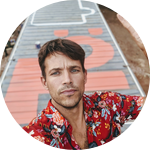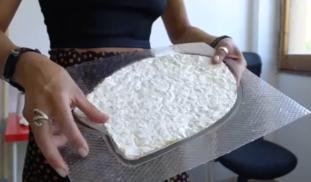Please wait...
About This Project
The modern surfboard comprises layers of unrecyclable plastic which often break and pollute our oceans. Myco-composites provide the perfect foundation for a surfboard due to their lightweight construction and buoyancy. As we build a 100% biodegradable surfboard we investigate how low tech solutions of grown materials could compete with industry standard petroleum based materials for high performance sports, which can serve as a springboard for more complex experiments with fungal materials.

Browse Other Projects on Experiment
Related Projects
Improving the qualitative properties of mycelium skins through fungal-bacterial biocomposites
Farming animals for leather is a water, chemical, and energy-intensive process. Fungal "leather" could...
Exploring material properties and fabrication processes of a mycelium based surfboard
The modern surfboard comprises layers of unrecyclable plastic which often break and pollute our oceans...




